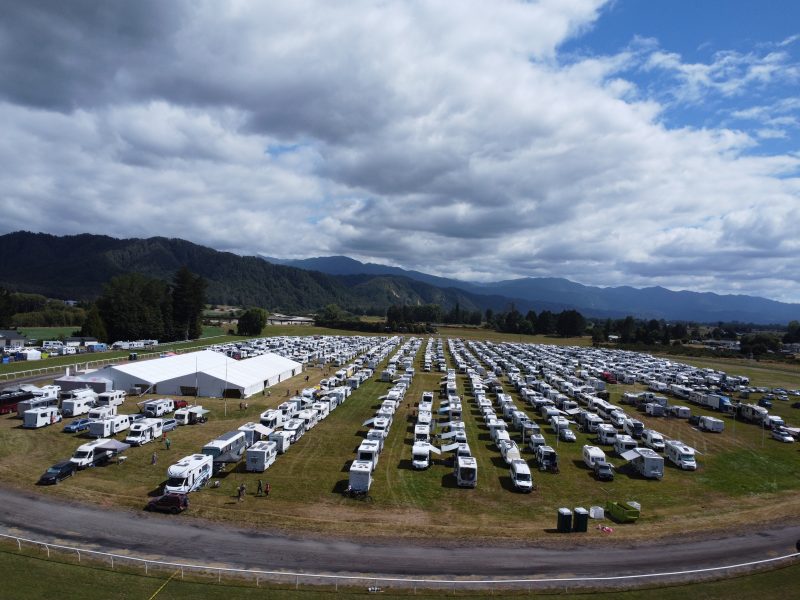 29th February 2024 DWC / NZMCA
29th February 2024 DWC / NZMCAA motorhome rally at the West Coast town of Reefton has given a boost to the local economy over the weekend.
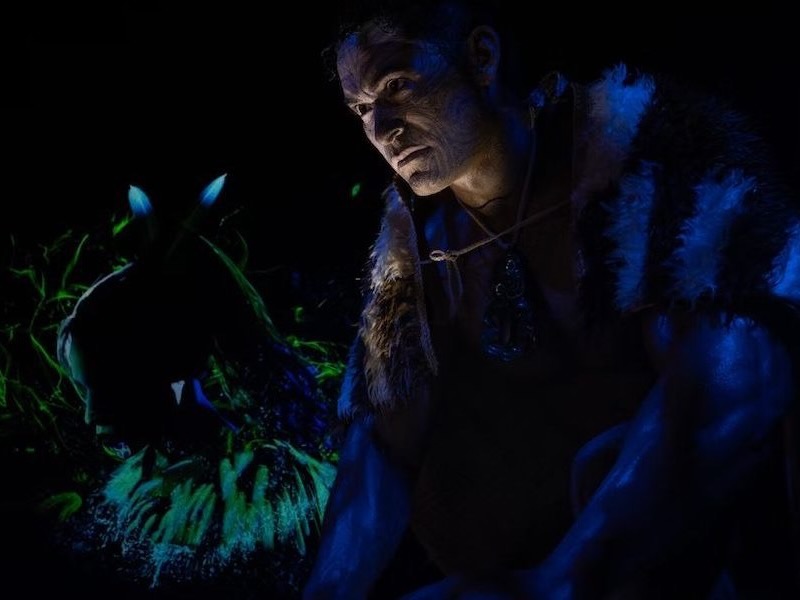 23rd February 2024 Campaigns / DWC
23rd February 2024 Campaigns / DWCVisitor spend on the West Coast totalled $30.1m in January 2024, with $14.4m of that coming from international visitors.
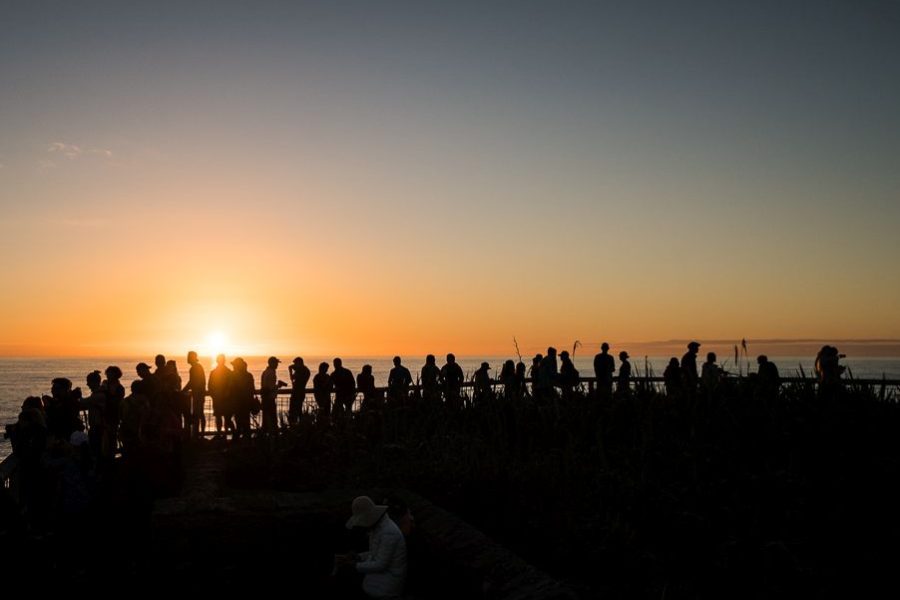 30th January 2024 DWC / Marketview
30th January 2024 DWC / MarketviewVisitor spend on the West Coast in 2023 topped pre-Covid 2019 by more than 14%, according to new figures from MarketView and Development West Coast.
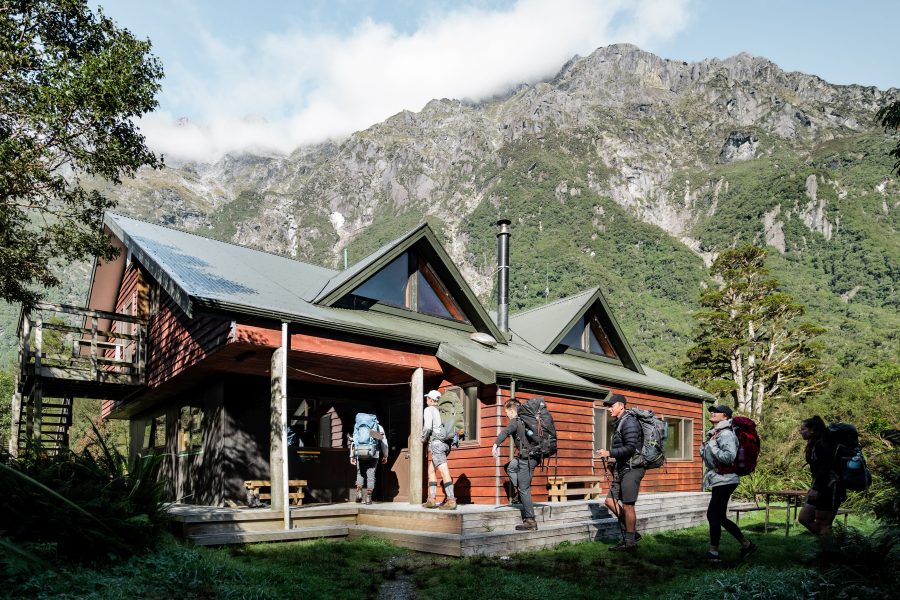 12th December 2023 DWC / Roady
12th December 2023 DWC / RoadyThe West Coast has topped the list of visitor experiences featured in the Roady App this year.
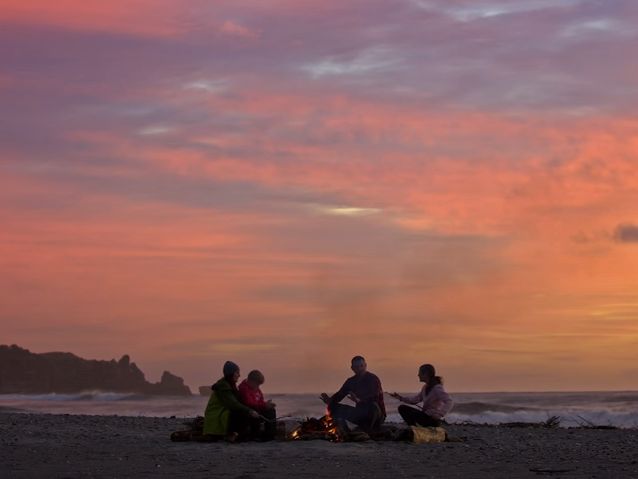 13th November 2023 Campaigns / DWC
13th November 2023 Campaigns / DWCDevelopment West Coast has restarted its Pretty great, actually campaign for summer, this time with more exposure for operators and broader reach targets.
 2nd October 2023 DWC / Food
2nd October 2023 DWC / FoodDevelopment West Coast, Monteiths and the West Coast Pie Company are teaming up on a campaign to promote the personality of the region with a combination of a pie and a brew.
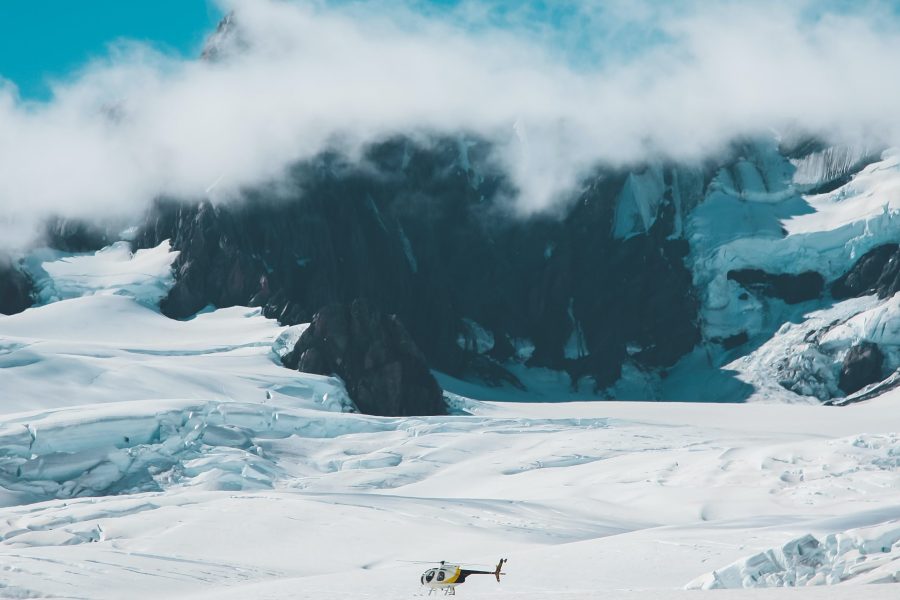 27th September 2023 DWC / Recovery
27th September 2023 DWC / RecoveryUS visitor spend in particular has surged, jumping by 146% in August compared to the same month in 2019.
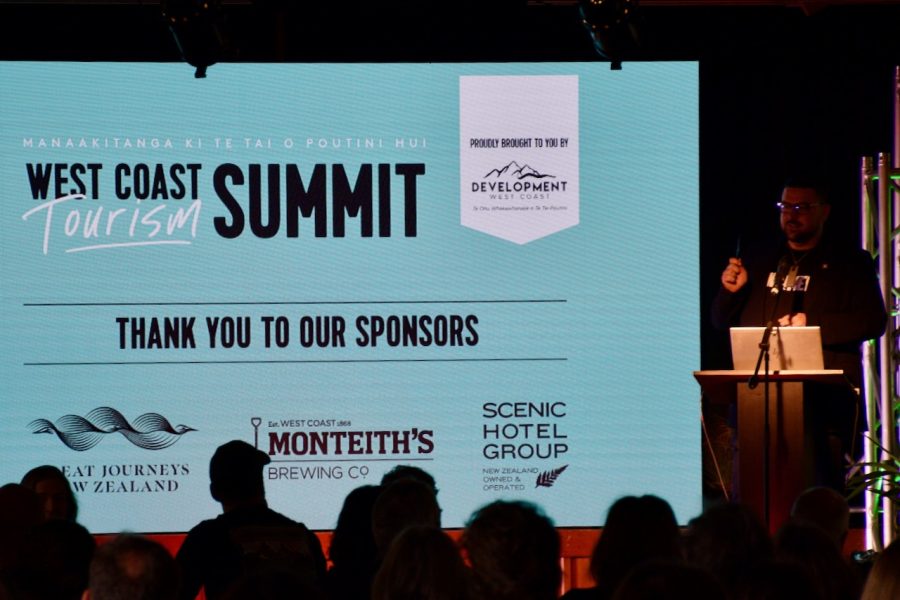 31st August 2023 DWC
31st August 2023 DWCMore than 200 industry professionals have converged on Shantytown near Greymouth for the West Coast Tourism Summit.
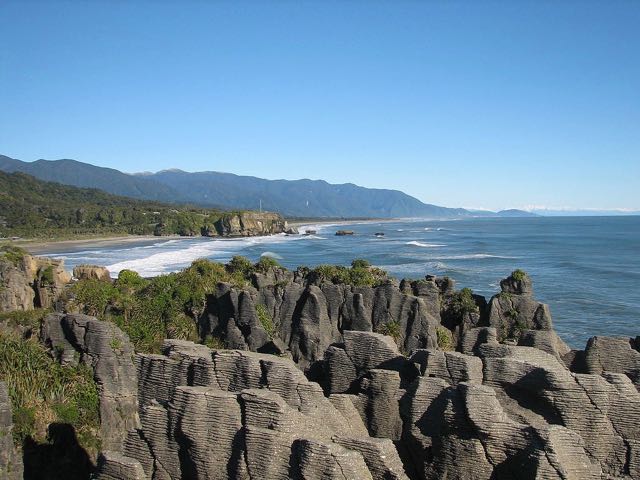 16th August 2023 DWC / Recovery
16th August 2023 DWC / RecoveryVisitor spend in the West Coast’s Westland District increased by 96% over the year to the June 2023 quarter – the strongest growth of any region, according to Development West Coast.
 17th July 2023 DWC / West Coast Tourism Summit
17th July 2023 DWC / West Coast Tourism SummitAir New Zealand, Tourism New Zealand and KiwiRail will be among those on stage at the West Coast Tourism Summit in August.
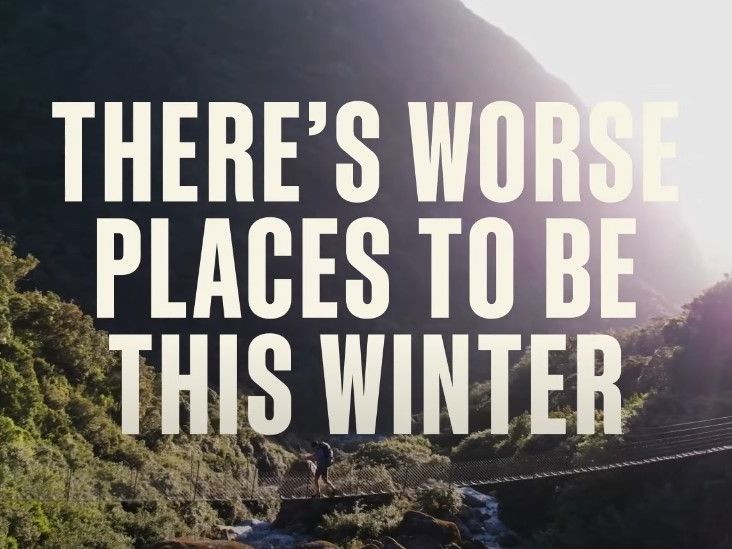 7th June 2023 Campaigns / DWC
7th June 2023 Campaigns / DWCDevelopment West Coast has pushed into winter with a new light-hearted campaign it hopes will continue the region’s strong recovery from the pandemic.
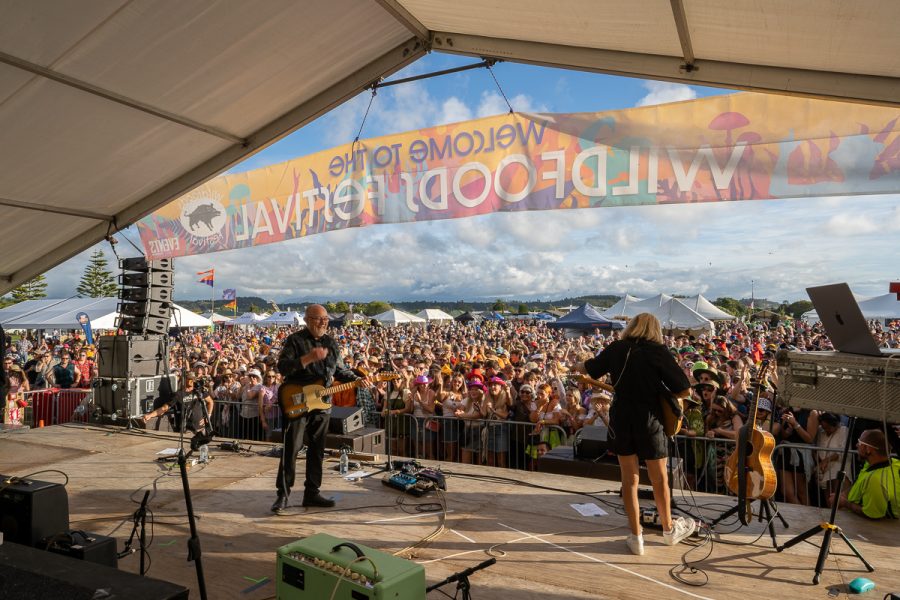 5th May 2023 DWC
5th May 2023 DWCDevelopment West Coast has reopened its Regional Events Fund for application.
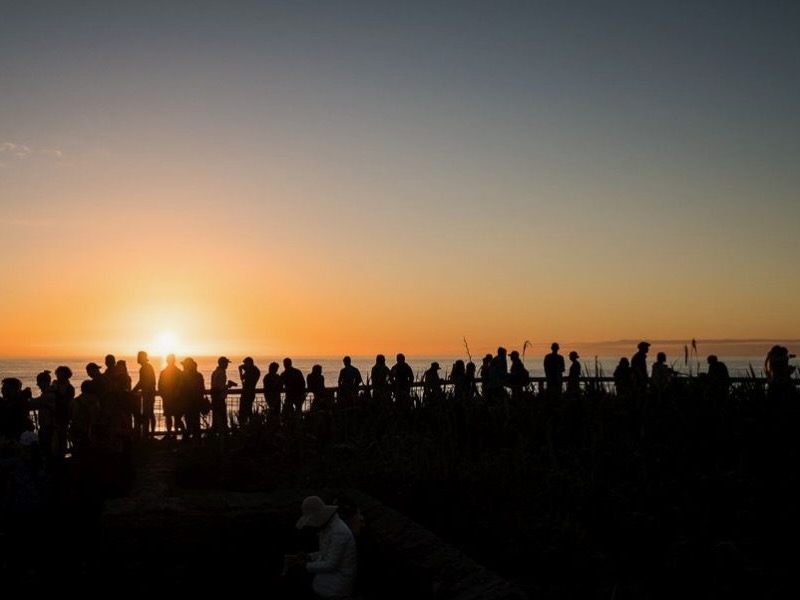 4th May 2023 DWC / Recovery
4th May 2023 DWC / RecoveryThe region’s tourism has bounced back from a difficult pandemic, buoyed by the return of foreign tourists.
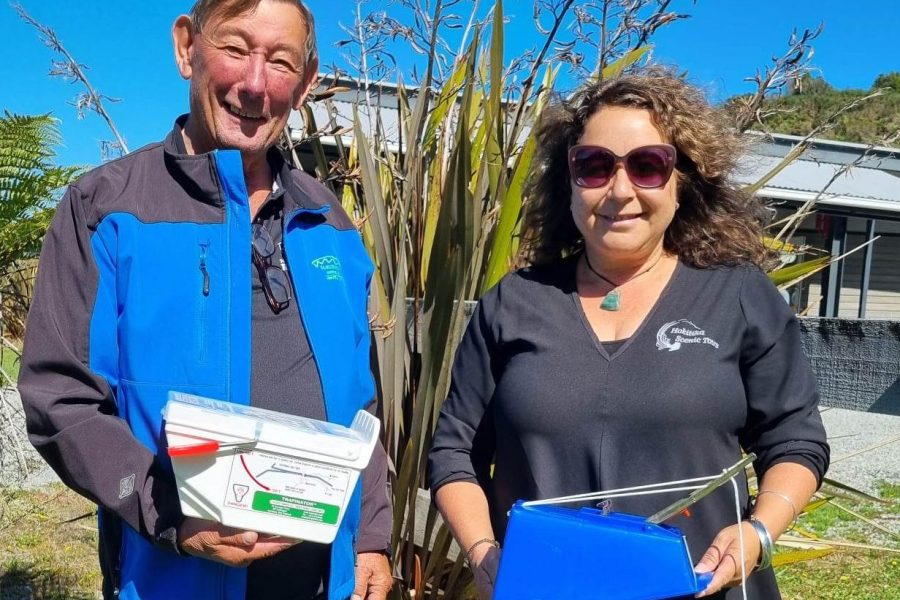 6th April 2023 DWC / Environment
6th April 2023 DWC / EnvironmentHokitika Scenic Tours and West Coast Treetop Walkway and Zipline are partner on a regenerative programme that encourages people to purchase native plant seedlings as part of a fundraising effort for predator traps.
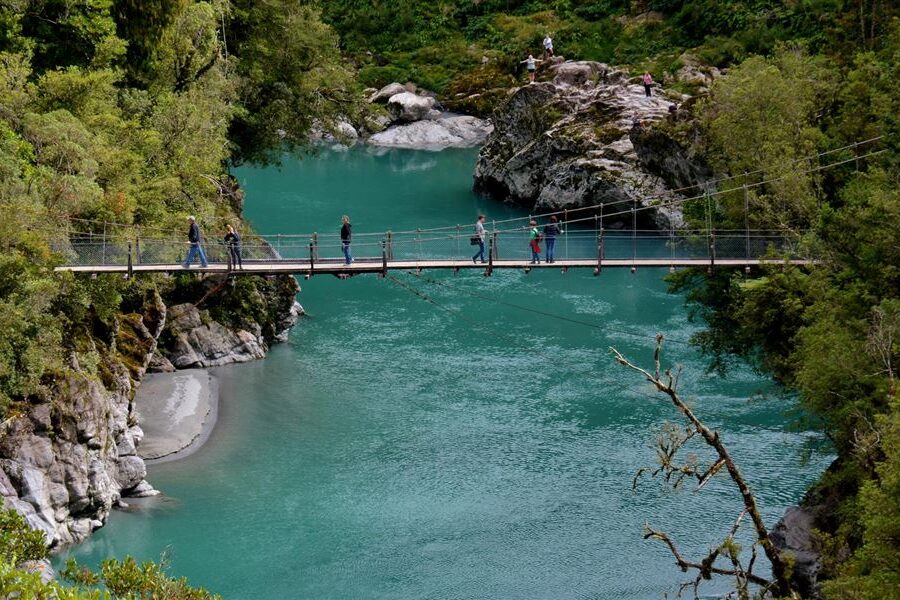 27th March 2023 Data / DWC
27th March 2023 Data / DWCThe West Coast is gaining appeal as a destination for domestic visitors to stay longer and include it as part of their travels around the country, according to new research from Development West Coast.
 23rd February 2023 DWC / Spending
23rd February 2023 DWC / SpendingWest Coast visitor spend in January 2023 exceeded pre-Covid levels, reaching just over $27.5m across the region, up 10.7% compare to the same month in 2020.
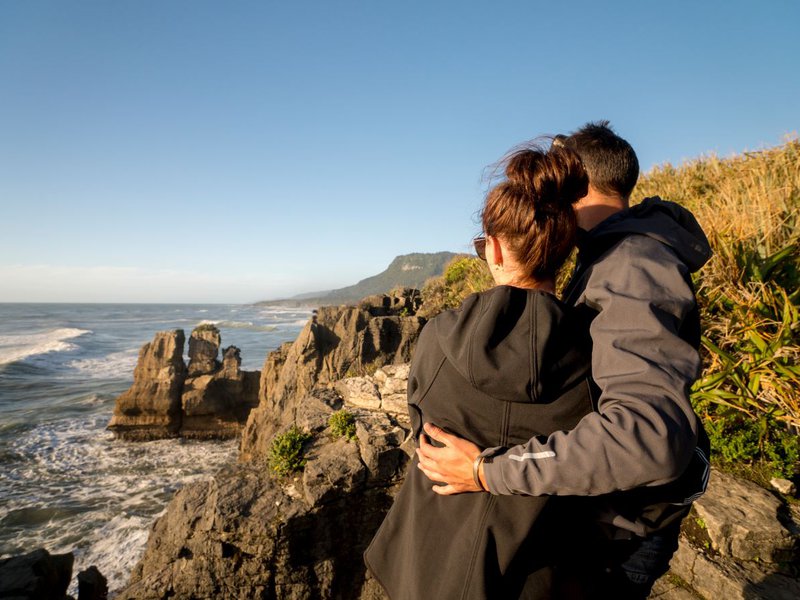 24th November 2022 DWC / DWC Tourism Summit
24th November 2022 DWC / DWC Tourism SummitVisitors have been spending more and staying longer since NZ’s borders fully reopened.
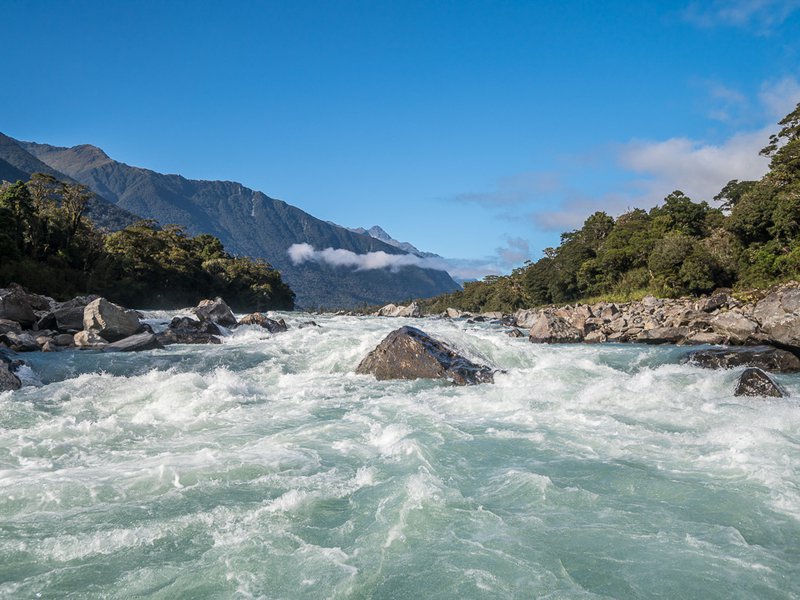 23rd November 2022 DWC / DWC Tourism Summit
23rd November 2022 DWC / DWC Tourism SummitThe event wants to encourage the sector to challenge the way the region promotes itself.
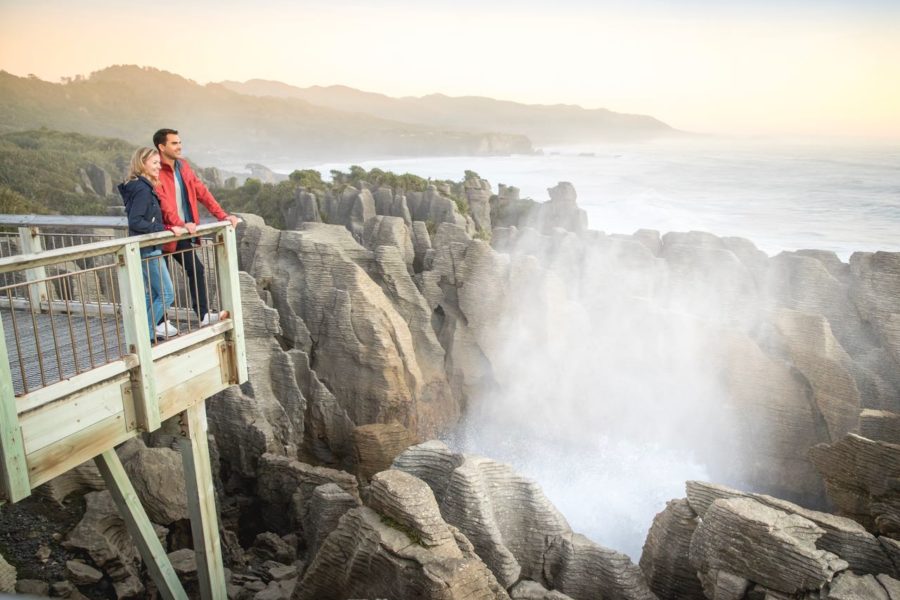 22nd November 2022 Conferences / DWC
22nd November 2022 Conferences / DWCThe event aims to bring the region’s tourism whanau together to rethink, reinvigorate and challenge the state of the West Coast’s tourism offering.
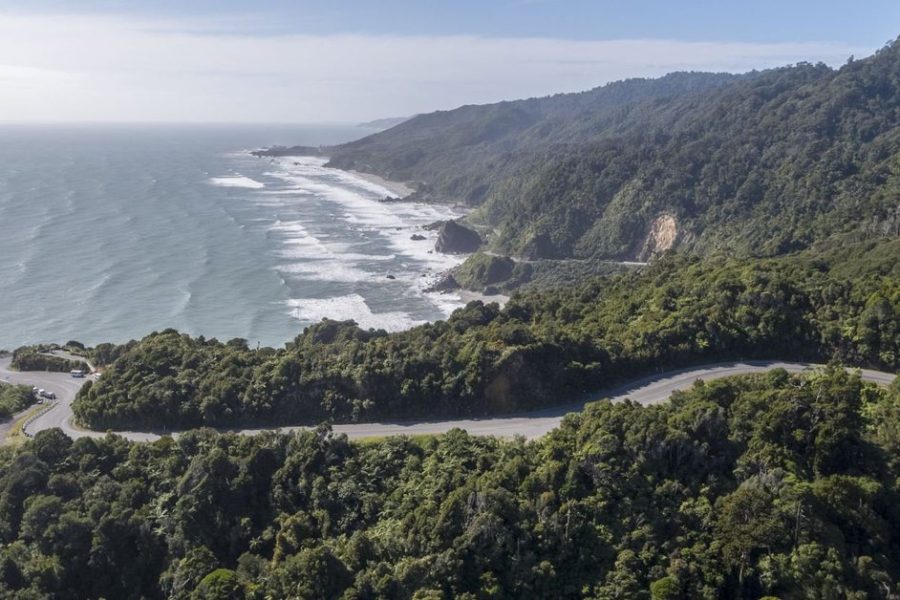 21st November 2022 DWC / Spend
21st November 2022 DWC / SpendTourism spending on the West Coast fell 0.7% in the September 2022 year and guest nights also dropped 8.9%.
 3rd November 2022 CEDA / DWC
3rd November 2022 CEDA / DWCManawatū and the West Coast are taking a tongue-in-cheek approach to attracting visitors to their regions over the summer, with the launch of two new ad campaigns.
 1st November 2022 DWC / Events
1st November 2022 DWC / EventsDevelopment West Coast will hold a tourism hui later this month to explore the theme of ‘customer service as a regional narrative’.
 12th October 2022 DWC / Employment
12th October 2022 DWC / EmploymentA West Coast recruitment campaign is seeking people Cut out for the Coast to fill jobs in the region.
 2nd November 2021 Campaigns / DWC
2nd November 2021 Campaigns / DWCDevelopment West Coast’s Holiday Booster campaign is offering $100 off tourist packages to entice people to explore the region over summer.
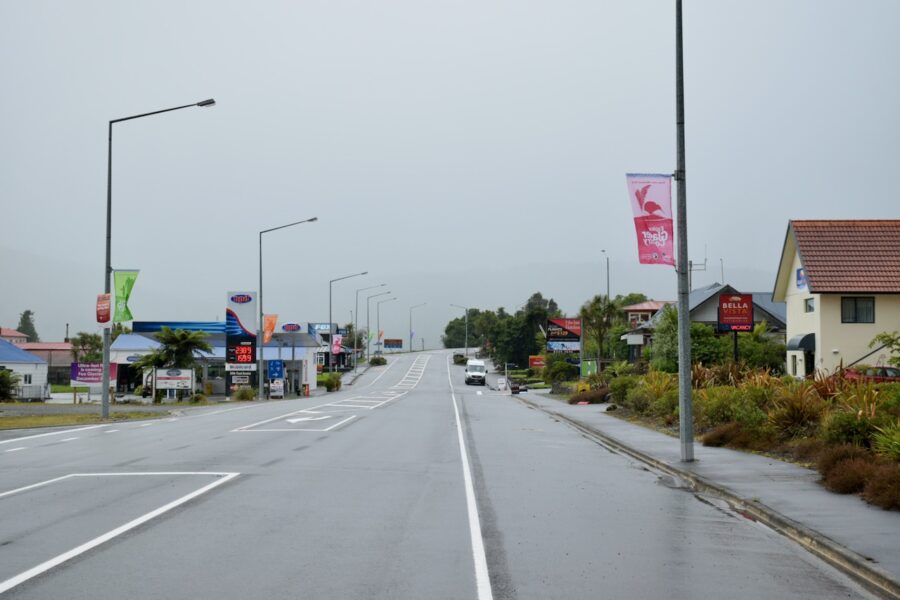 2nd September 2021 DWC
2nd September 2021 DWCThe EDA has international spending in the region for the year to March 2021 had dropped 93% to just $6m compared with $86m in the previous fiscal year.
 1st September 2021 DWC / Recovery
1st September 2021 DWC / RecoveryDevelopment West Coast is offering a delivery rebate to help businesses operate during Covid-19 alert level 3.
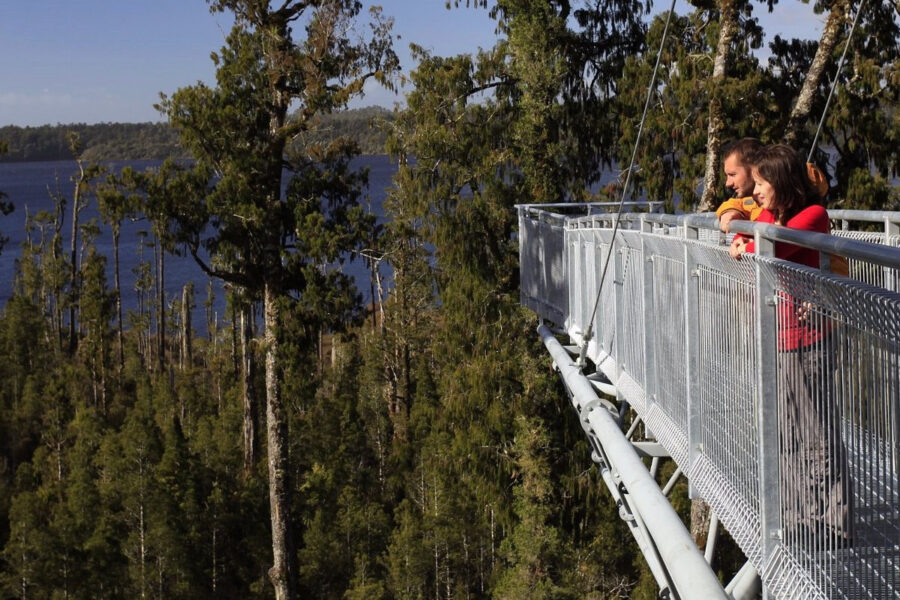 23rd July 2021 Awards / DWC
23rd July 2021 Awards / DWCDevelopment West Coast has opened entries for its 2021 Leading Light Business Excellence Awards.
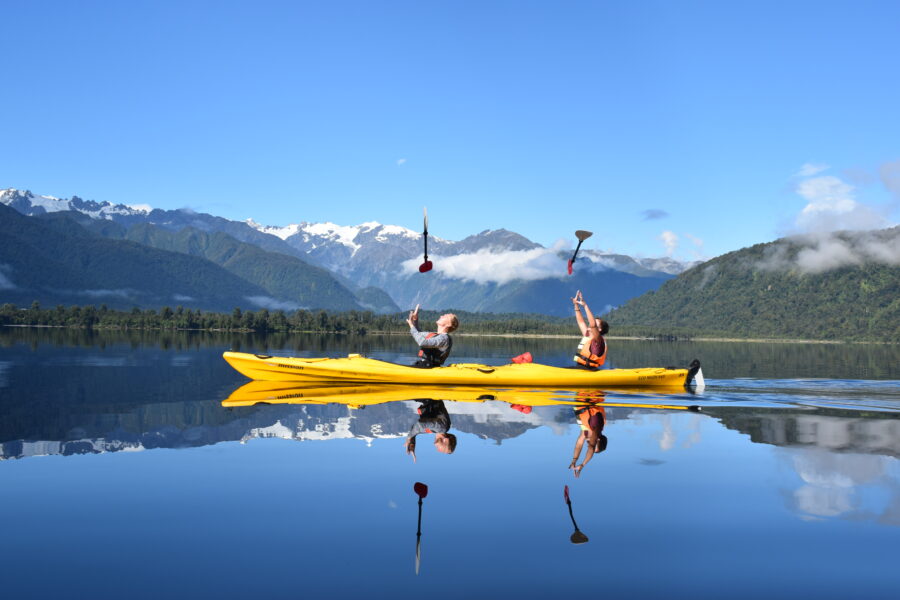 30th June 2021 Adventure / DWC
30th June 2021 Adventure / DWCCampaign targets Kiwi families to plug gap left by internationals.
 17th May 2021 DWC / Recovery
17th May 2021 DWC / RecoveryAt least 100 hard hit Glacier Country businesses can be helped by Development West Coast’s $5m support fund.
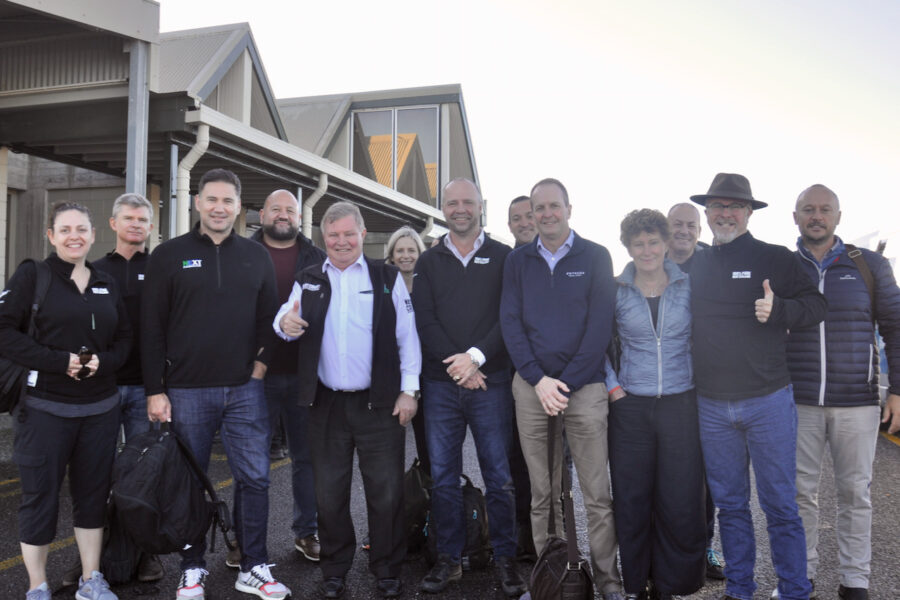 20th April 2021 DWC / TNZ
20th April 2021 DWC / TNZDevelopment West Coast hosted the Tourism New Zealand board for a day meeting tourism stakeholders and operators in the region.
 15th April 2021 DWC / Recovery
15th April 2021 DWC / RecoveryCarbon negativity, converting forged-in-adversity image into compelling stories for visitors are key priorities.
 29th March 2021 DWC / Funding
29th March 2021 DWC / FundingThe new $5m Glacier Country Business Support Fund aims to protect communities in the hard hit region.
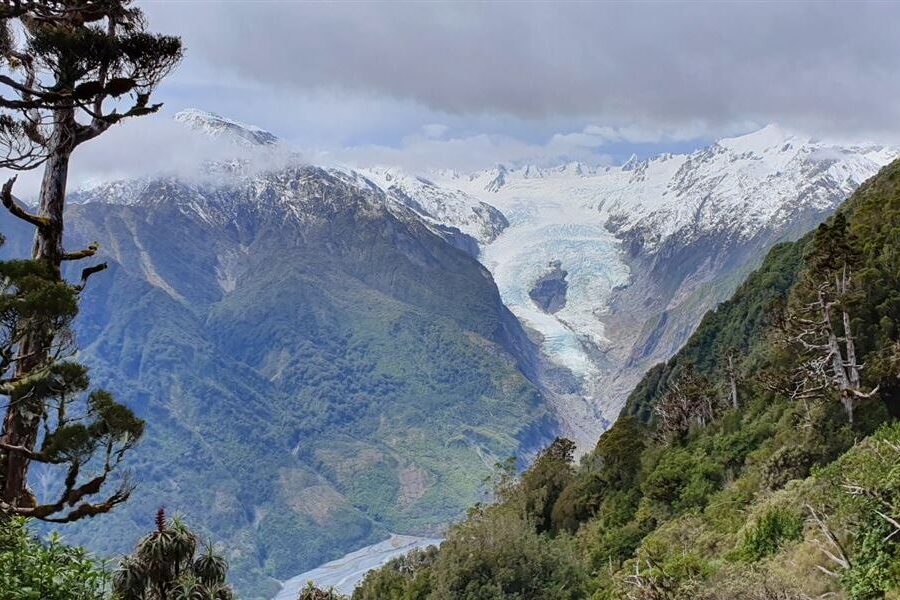 4th March 2021 DWC / Funding
4th March 2021 DWC / FundingThe cash would come from a $128m fund managed by DWC trustees and established in 2001 when the region lost its indigenous forestry industry.